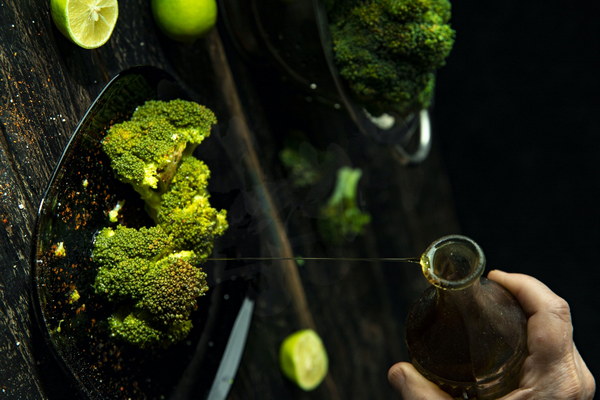Maximizing Womens Health Winter Tips for Nourishing the Kidneys
Winter, with its crisp air and dropping temperatures, can pose unique challenges to women's health, especially in terms of kidney care. The kidneys play a vital role in filtering waste products from the blood and maintaining the body's fluid balance. Here are some practical tips for women to ensure they are nurturing their kidneys during the cold season.
1. Stay Hydrated
As the weather gets colder, it's easy to drink less water. However, dehydration can strain the kidneys and hinder their ability to perform their functions. Aim to drink at least 8 cups of water per day, and increase this amount if you're spending time outdoors in the cold.
2. Warm Up with Hearty Soups
During the winter, a warm, comforting soup can do more than just satisfy your appetite. Soups are an excellent way to provide your body with essential nutrients and stay hydrated. Choose soups rich in vegetables, lean proteins, and herbs that are known to support kidney health, such as dandelion, parsley, and ginger.
3. Incorporate Kidney-Friendly Foods
Certain foods are known to support kidney function and may help prevent kidney disease. Add these to your winter diet:
- Leafy Greens: Dark leafy greens like kale, spinach, and Swiss chard are high in antioxidants and vitamins that protect the kidneys.
- Nuts and Seeds: Almonds, chia seeds, and flaxseeds are great sources of omega-3 fatty acids, which have anti-inflammatory properties.
- Berries: Berries, such as strawberries, blueberries, and raspberries, are rich in antioxidants that may help reduce kidney inflammation.
4. Keep Warm and Protect Your Feet
Cold temperatures can constrict blood vessels, including those in the kidneys. To maintain healthy kidney function, it's important to keep your body warm. Dress in layers, wear warm socks, and protect your feet to avoid cold exposure.
5. Avoid Overheating
While staying warm is crucial, overheating can also be harmful to the kidneys. Overheating can lead to dehydration and increased blood pressure, both of which can strain the kidneys. Limit your time in hot tubs, saunas, and steam rooms, and try to avoid long periods of exposure to high temperatures.
6. Manage Stress
Stress can impact kidney health by increasing blood pressure and causing inflammation. During the winter, it's especially important to find ways to manage stress. Practices such as meditation, yoga, and deep breathing exercises can help keep your stress levels in check.

7. Get Regular Check-Ups
Regular medical check-ups are essential for monitoring kidney health, especially during the winter months. If you have a history of kidney problems or are at risk for kidney disease, be sure to schedule regular appointments with your healthcare provider.
8. Exercise Regularly
Physical activity is beneficial for overall health and can help maintain kidney function. Aim for at least 30 minutes of moderate exercise most days of the week. Activities such as walking, cycling, and swimming are great choices for winter exercise.
In conclusion, winter is a time when women must be mindful of their kidney health. By following these tips, you can help ensure your kidneys remain strong and functional throughout the cold season. Remember, a healthy diet, regular exercise, and stress management are key components of kidney care, regardless of the season.









